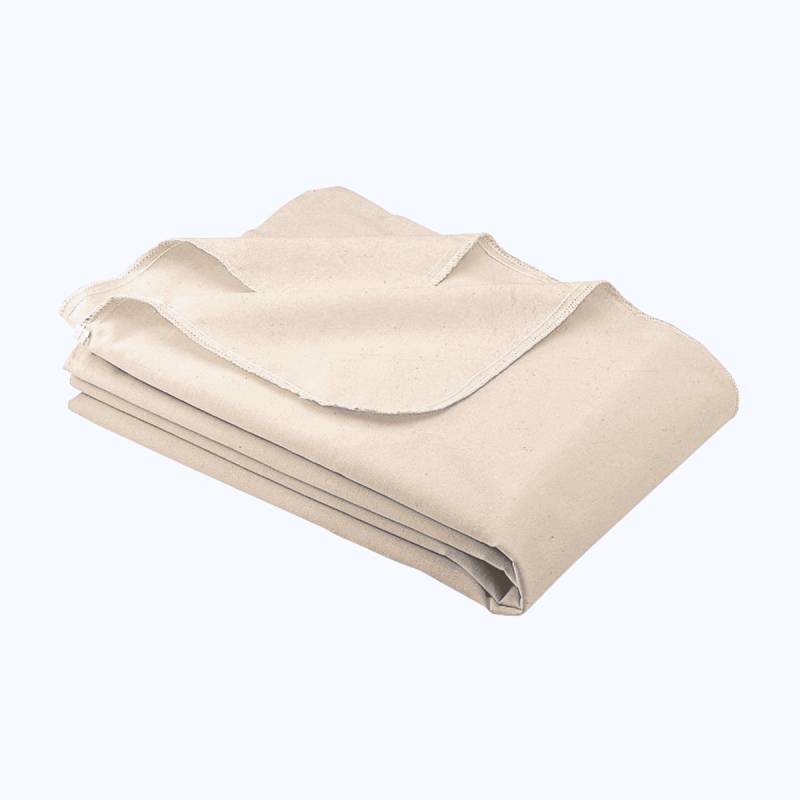
Drap Housse,Couverture de lit matelassée en relief lavable, drap respirant de couleur unie, Anti - Type Blue-150cmX200x28cm - Cdiscount Maison

6 Couleurs Couleur Unie Falafel Couverture Drap De Lit Ligne De Lit Doux Au Toucher King Size Double Face Canapé Voyage Thermique Jeter Couverture Tapis Du 70,99 € | DHgate

Drap Housse,Couverture polaire en flanelle épaisse, ensemble de draps de lit, de couleur unie, en vison - Type GRIS FONCÉ-100x150cm - Cdiscount Maison

Acheter Drap chaud en dentelle de velours cristal, Double couche, couverture de lit en coton plus épaisse, couverture polaire courte antidérapante, 3 pièces/ensemble | Joom

TEDAY 3 pièces Marron Plaid Housse de Couette taie d'oreiller Ensemble de literie Housse de Couette Couverture Couverture Drap de lit Double Reine King Size : Amazon.fr: Cuisine et Maison

Épaississement drap de lit couverture corail polaire laine couverture couverture sable fourrure chauffage rapide simple et double | Fruugo FR

Acheter Couverture d'été en coton Super doux, drap fin et confortable, couverture de lit fraîche en coton | Joom

Couverture velours drap de lit étudiant dortoir personne simple double couverture double face velours couverture cadeau double face | Fruugo FR

Épaississement drap de lit couverture corail polaire laine couverture couverture sable fourrure chauffage rapide simple et double | Fruugo FR

Couverture Double Couche Imprimée En Peluche Pour La maison, drap de Lit Épais, Couverture RapRaschel, Chaud, Doux, Sourire, Hiver

Couverture Double Couche Imprimée En Peluche Pour La maison, drap de Lit Épais, Couverture RapRaschel, Chaud, Doux, Sourire, Hiver

Acheter Couverture d'été en coton Super doux, drap fin et confortable, couverture de lit fraîche en coton | Joom

TJLSS Drap de Couverture de lit Chaud Couverture de Couverture de canapé Couverture d'impression Florale Couverture Super Douce Chaude épaissie (Color : D, Size : 200X230cm) : Amazon.fr: Cuisine et Maison

Couverture Double Couche Imprimée En Peluche Pour La maison, drap de Lit Épais, Couverture RapRaschel, Chaud, Doux, Sourire, Hiver

Drap Housse,Couverture polaire légère en flanelle, Plaid doux et chaud, corail, couvre lit, canapé, lavage - Type 3-120cm * 200cm - Cdiscount Maison

Draps de lit doux et chauds pour l'hiver, couvertures en flanelle polaire de corail pour lits, couvre-lit en fausse fourrure, draps de couverture de matelas pour drap plat-3, simple 120 x 200

MAHPKYZ Drap Housse 140x190,4pcs Polaire Couverture Couverture Hiver Chaud Housse De Couette Polaire Housse De Couette pour Lit Uni,Literie De Chambre à Coucher : Amazon.fr: Cuisine et Maison








